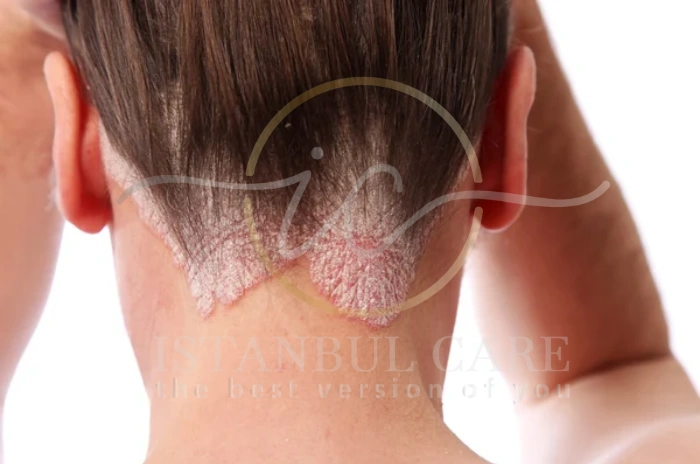Scalp acne is a common yet often overlooked skin condition that affects millions of people worldwide. Unlike facial acne, scalp pimples develop beneath hair follicles, making them harder to detect and treat effectively. This guide explores the causes, symptoms, and proven treatment methods for managing scalp acne successfully.
Understanding scalp acne is crucial for maintaining healthy hair and scalp hygiene. Many individuals suffer from painful bumps on scalp without realizing that effective solutions are readily available. Through proper identification and targeted treatment, you can achieve clearer, healthier scalp skin.
What scalp acne is and how it develops
Scalp acne occurs when hair follicles become clogged with dead skin cells, excess oil (sebum), and bacteria. The scalp contains numerous sebaceous glands that produce oil to keep hair moisturized. When these glands produce excessive oil, it combines with dead skin cells and creates an environment where acne-causing bacteria can thrive.
The development begins with follicular hyperkeratinization, where skin cells multiply rapidly and don't shed properly. This creates plugs within hair follicles, leading to scalp pimples formation. The condition often resembles folliculitis scalp, but differs in its underlying mechanisms and treatment requirements.
Scalp acne typically manifests as small, red bumps that may contain pus or appear as blackheads. These lesions can be tender to touch and may cause itching or burning sensations. The scalp's dense hair coverage and higher oil production create ideal conditions for acne development.
Understanding Scalp Acne Causes
Multiple factors contribute to scalp acne causes. Hormonal fluctuations play a significant role, particularly during puberty, menstruation, pregnancy, or menopause. These changes increase sebum production, creating favorable conditions for acne development.
Poor scalp hygiene represents another primary cause. Infrequent washing allows oil, dead skin cells, and product buildup to accumulate, clogging hair follicles. Conversely, over-washing can strip natural oils, triggering increased oil production.
Hair care products containing comedogenic ingredients often contribute to scalp pimples. Heavy oils, sulfates, and certain conditioning agents can clog pores and irritate sensitive scalp skin. Not thoroughly rinsing shampoo and conditioner residue can leave pore-blocking substances on the scalp.
| Common Scalp Acne Triggers | Impact Level |
|---|---|
| Hormonal changes | High |
| Poor hygiene | High |
| Heavy hair products | Medium |
| Stress levels | Medium |
| Genetic predisposition | High |
Lifestyle factors such as stress, diet, and sleeping habits also influence scalp acne development. High stress levels increase cortisol production, which can worsen existing acne conditions.
Effective Scalp Acne Treatment Options
Professional scalp acne treatment options range from topical medications to specialized shampoos. Dermatologists often recommend medicated shampoos containing salicylic acid, ketoconazole, or zinc pyrithione as first-line treatments. These ingredients help reduce inflammation, control oil production, and eliminate acne-causing bacteria.
The best shampoo for scalp acne typically contains active ingredients like salicylic acid (0.5-2%), tea tree oil, or benzoyl peroxide. These formulations should be gentle enough for daily use while providing therapeutic benefits.
Topical retinoids represent another effective treatment for moderate to severe scalp acne. These vitamin A derivatives promote cell turnover, prevent pore clogging, and reduce inflammation. However, they should be used under dermatological supervision.
For severe cases, oral medications may be necessary:
- Antibiotics such as doxycycline or minocycline
- Hormonal treatments for hormonal acne
- Light therapy to reduce bacteria and inflammation
- Chemical peels specifically formulated for scalp use
Signs and symptoms of scalp acne you may notice
Recognizing scalp acne symptoms early enables prompt treatment. The most common initial sign is the presence of small, tender bumps on scalp that feel different from normal hair follicles. These bumps may be red, inflamed, and slightly raised above the skin surface.
Scalp pimples often cause localized pain or tenderness, especially when touching or brushing hair. Unlike simple scalp irritation, acne-related bumps typically contain fluid or pus and may develop white or yellow heads.
Itching and burning sensations frequently accompany scalp acne, particularly during active breakouts. Some individuals experience increased sensitivity to hair care products, with previously tolerated formulations suddenly causing irritation.
Advanced symptoms include:
- Multiple interconnected bumps forming clusters
- Painful, deep nodules beneath the skin surface
- Scarring or dark spots from healed lesions
- Hair loss in affected areas due to follicle damage
- Increased oil production and greasy hair appearance
Natural Remedies for Scalp Acne Relief
Natural remedies for scalp acne offer gentle treatment options for mild to moderate cases. Tea tree oil stands out as one of the most effective natural treatments, possessing antimicrobial and anti-inflammatory properties. When diluted properly (5-10% concentration), tea tree oil can reduce acne-causing bacteria without over-drying the scalp.
Apple cider vinegar serves as an excellent natural astringent and pH balancer for acne-prone scalps. Its acidic nature helps dissolve buildup, reduce inflammation, and create an unfavorable environment for bacterial growth. Dilute one part apple cider vinegar with three parts water for safe application.
Aloe vera gel provides soothing, healing properties that can calm inflamed scalp pimples and promote faster recovery. Its natural antimicrobial compounds help prevent secondary infections while moisturizing the scalp without clogging pores.
| Natural Remedy | Application Method | Frequency |
|---|---|---|
| Tea tree oil | Diluted in carrier oil | 2-3 times weekly |
| Apple cider vinegar | Rinse after shampooing | Weekly |
| Aloe vera gel | Direct application | Daily |
| Green tea rinse | Cool tea as final rinse | 3-4 times weekly |
Clay masks using bentonite or kaolin clay can absorb excess oil and draw impurities from clogged follicles. These natural remedies for scalp acne work best when combined with proper hygiene practices.
Preventing Scalp Acne with Simple Tips
Prevention strategies for how to prevent acne on the scalp focus on maintaining optimal scalp hygiene. Regular shampooing with gentle, non-comedogenic formulations removes excess oil, dead skin cells, and product buildup that contribute to follicle clogging.
How to get rid of scalp acne preventively involves careful product selection. Choose hair care products labeled as non-comedogenic, oil-free, or specifically formulated for acne-prone skin. Avoid heavy styling products, especially those containing petroleum-based ingredients.
Proper rinsing technique plays a crucial role in scalp acne prevention. Ensure complete removal of all shampoo and conditioner residue by rinsing for at least 30 seconds with lukewarm water.
Environmental and lifestyle modifications support long-term prevention:
- Change pillowcases twice weekly to reduce bacterial transfer
- Clean hair brushes and styling tools regularly
- Avoid excessive touching or scratching of the scalp
- Manage stress through relaxation techniques
- Maintain a balanced diet rich in antioxidants
Hair accessories require special attention in scalp acne prevention. Headbands, hats, and hair ties can trap oil and bacteria against the scalp. Clean these items regularly and avoid wearing them for extended periods.
We’re ready to answer your questions
The most common scalp acne causes include hormonal fluctuations, poor scalp hygiene, heavy hair care products, and genetic predisposition to acne formation.
Effective scalp acne treatment involves using medicated shampoos with salicylic acid or ketoconazole, maintaining proper scalp hygiene, and avoiding comedogenic hair products.
Yes, natural remedies for scalp acne include tea tree oil applications, apple cider vinegar rinses, aloe vera gel treatments, and clay masks for oil absorption.
Prevention involves regular shampooing with gentle products, thorough rinsing, cleaning hair accessories frequently, and avoiding heavy styling products that clog follicles.
Follow us on social media for updates, tips, and patient success stories:

